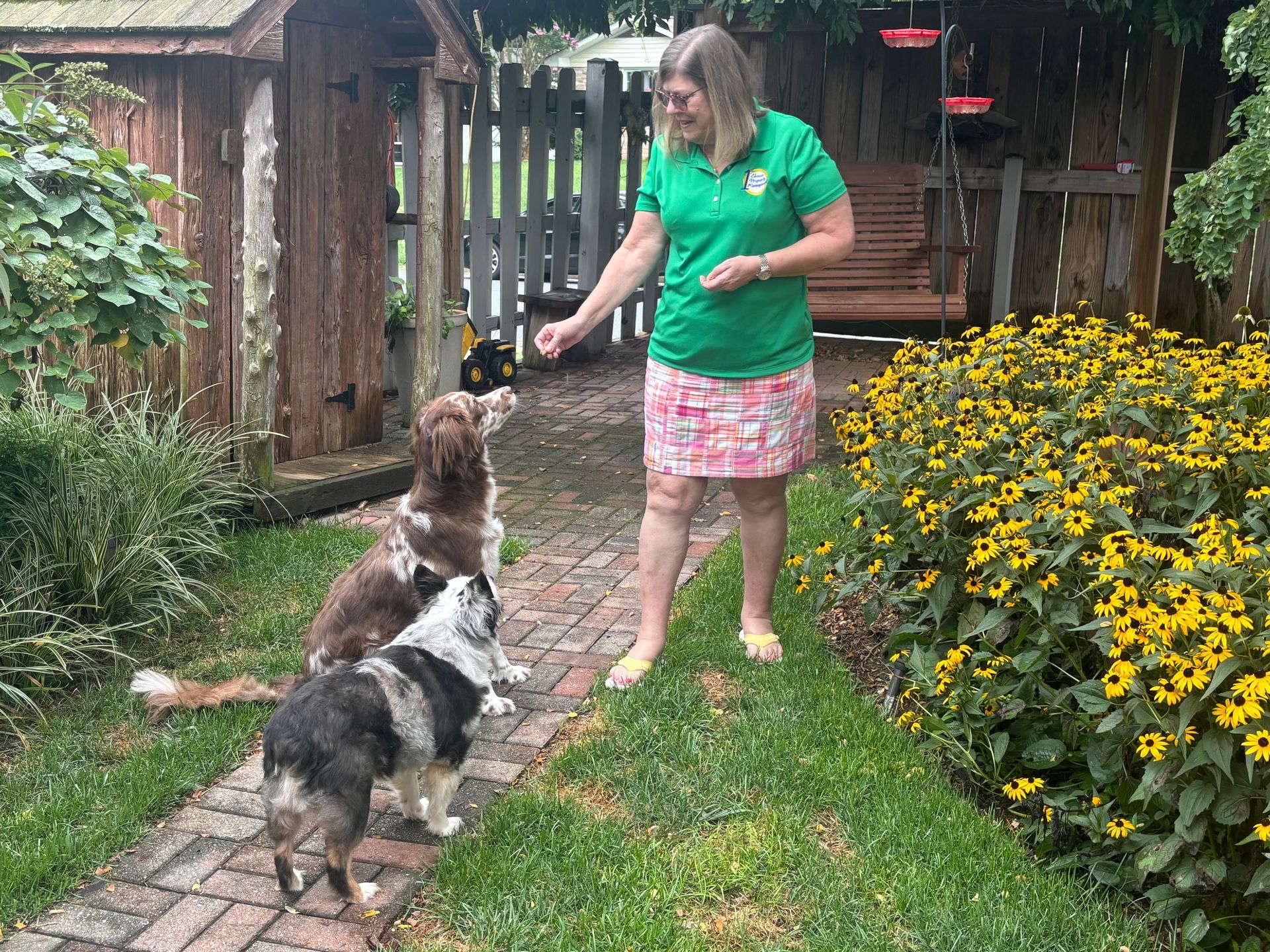Key Warning Signs When Reviewing Assistance Animal Documentation
This is a subtitle for your new post

Evaluating documentation for assistance animals can be challenging for multifamily housing providers. Here are key points to consider when assessing these requests:
No Official Registration Bodies: Currently, no organization is legally recognized for registering service or assistance animals. Any organization claiming to offer such certifications is misleading. Be cautious of websites that provide questionable medical verifications for service and assistance animals, as these may be used to circumvent community rules or restrictions.
Sensitive Issues: While some individuals genuinely need assistance animals for medical or emotional support, others might misuse questionable documentation to bypass no-pet policies or restrictions. Handling these situations requires sensitivity and understanding.
Red Flags to Watch For:
- Claims of "Official" Certifications: Be wary of sites offering official certifications, registrations, or IDs for service or assistance animals. Since there are no legally recognized organizations for such registrations, these claims are misleading.
- Training Certificates as Proof: Under the Fair Housing Act (FHA), there is no requirement for assistance animals to be formally trained. Documentation only needs to confirm that the person has a disability and that the animal provides necessary support. An animal’s training is not relevant when evaluating accommodation requests.
Steps to Take When Evaluating Documentation:
- Research and Verify: If you encounter suspicious documentation, perform a web search on the issuing organization or individual.
- Engage with the Resident: Rather than immediately denying an accommodation request, start a conversation with the resident to gather more information. Ensure your approach doesn’t suggest doubt about their disability or need for the animal. Explain that you are simply verifying the documentation as part of your due diligence.
- Educate with Empathy: Many residents may not fully understand the applicable laws, so providing information with empathy can help smooth the process.
Consult with Experts: If you have questions, we have answers, reach out today by phone 410.674.6647 or email info@firstchoicepm.com
By staying informed and handling these situations with care, you can better navigate the complexities of assistance animal requests.
Share this post















